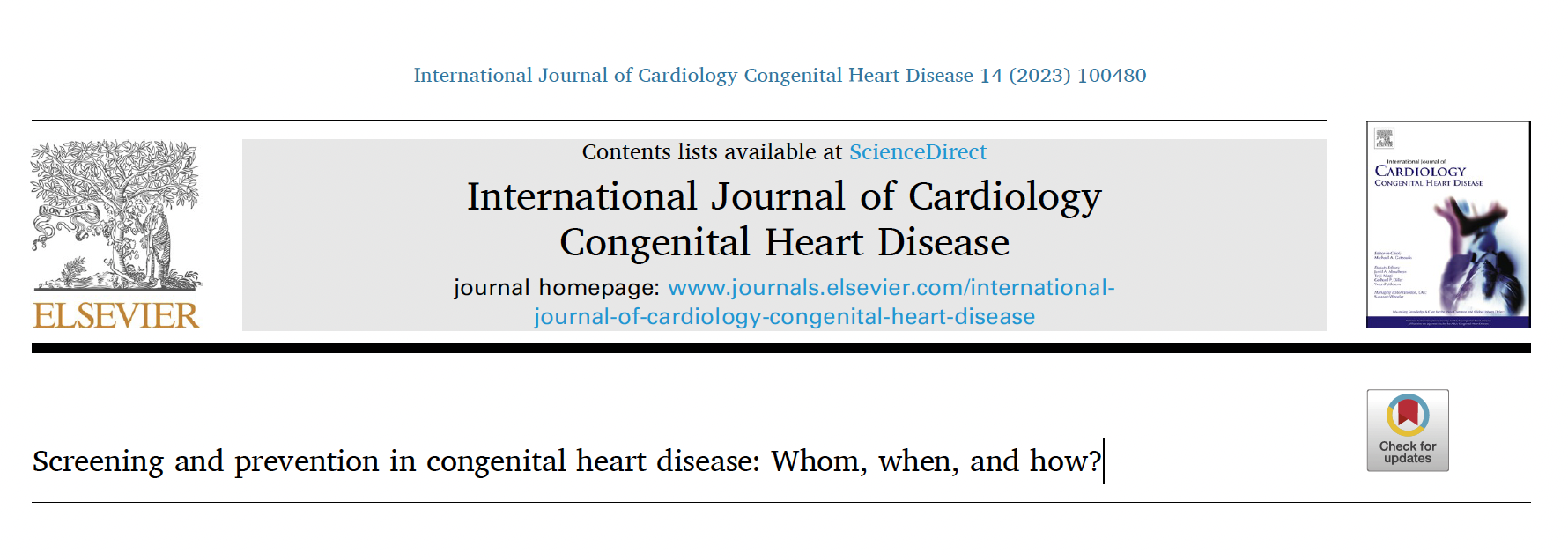Screening and prevention in congenital heart disease: Whom, when, and how?

The treatment of congenital heart disease has been one of the triumphs of modern cardiology and cardiac surgery. Most children born with congenital heart disease now survive to adulthood and this has created a new specialty with many challenges. Early treatment of congenital heart disease in childhood has often involved innovative surgery and interventional catheter approaches but, in many cases, patients are left with circulations that are very different from the ‘normal’ ones encountered by adult cardiologists which does affect outcomes.
For example, after the Mustard and Senning operations for transposition of the great arteries (TGA), the left and right ventricles end up ‘the wrong way round’ or indeed, there may be only one functioning ventricle after operations such as the Fontan procedure.
As a result, patients require long term ‘secondary prevention’ to manage a range of cardiac complications such as rhythm disturbances, ventricular dysfunction and valve failure. They are also at risk of the consequences to other organs, such as the lungs, liver and brain from the disordered physiology that they had been left with, even after ‘definitive repair’.
Read the full article here.
Florian Wenzl